Interning With Intention: Aligning Strengths and Career Path Through Ikigai
By: Adrianne Jackson [Intern at Fresh Encounter Inc.]
Have you ever caught yourself asking these questions:
How do you know you are on the right career path?
What if your internship could help you provide more than just experience as a resume builder? What if it helped you find direction?
Allow me to share with you a beneficial practice that I use and that many companies around the world use to help answer these questions you might be asking yourself. This practice is called the Ikigai.
What is the Ikigai?
Ikigai is a practice I use in my education, internships, and throughout my life to help me identify what my strengths are in a future career. Ikigai is an ancient Japanese concept that means “reason for being”. This practice is all about discovering your passions, skills, needs, and what the world needs, towards a future job best fit according to what you have listed. Many businesses today also use the Ikigai or a similar practice to align their employees with the roles that are both purpose-driven and that lead to organizational success. When you find your ikigai, it can help guide you towards a future career path that is the most suitable and meaningful for you. I’ve been using this practice throughout my years of schooling, and to reflect on my current internship with Fresh Encounter.
Applying Ikigai to my Internship:
Allow me to break down the 4 elements of my own personal Ikigai:
1. What You Love:
Challenges
Learning from mistakes
Working in a healthy work environment
Getting to work on a variety of different projects and tasks
Organizing and planning
Getting to have a voice, being heard
Having opportunities to choose from
2. What You Are Good At:
Communicating clearly and effectively
Staying organized
Working with multiple teams and people
Finding solutions and problem-solving
Involving myself in new opportunities and projects
Voicing my opinion
Not being afraid of a challenge
3. What the World (or Business) Needs:
Communicator and organizer for projects and tasks
A leader who voices new ideas or issues
Someone who can problem-solve and find new solutions
4. What You Can Be Paid For:
Project planner
Marketing Strategist
Marketing manager/coordinator
Business analyst
HR specialist
Lessons Learned:
Through applying this practice to my internship with Fresh Encounter, I have learned that I thrive in a role that has a need for organization, clear communication, and leadership in collaborative settings. I have discovered skills I didn’t fully recognize before, such as, confidently voicing my ideas, managing multiple tasks and projects, and playing a crucial role in team discussions, which strongly align with my interests in project management. These experiences have helped reveal how naturally I fit into planning, teamwork, and problem-solving. Applying my internship to the Ikigai practice has helped me shape a clearer vision for my future career.
Advice to future interns:
I encourage future interns to use this practice as a tool to reflect on during their internship to better understand their strengths, passions, and how they can provide value to a business. This can be a practical tool to help identify a suitable career path that is a good fit for you.
Conclusion:
Internships aren’t all about gaining experience, but they are a beneficial opportunity to help you learn more about yourself. By applying the Ikigai to my own journey, I’ve gained clarity on the type of career, interests, and work environment that align with what I am good at. I encourage you to use your job or internship, not just to build your resume but to help you discover your true purpose and direction.



